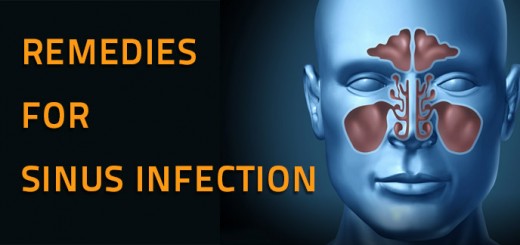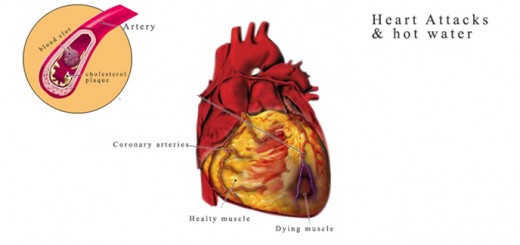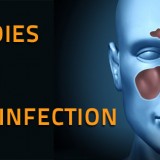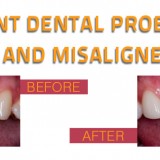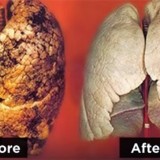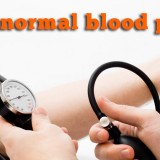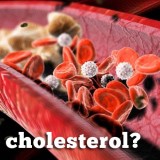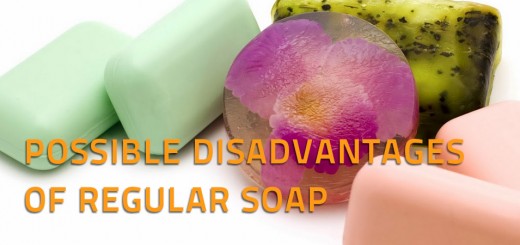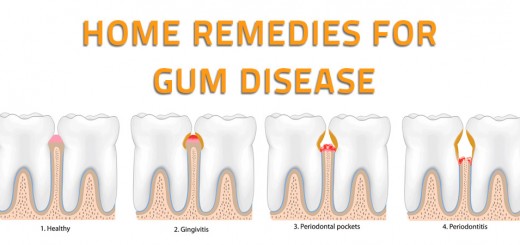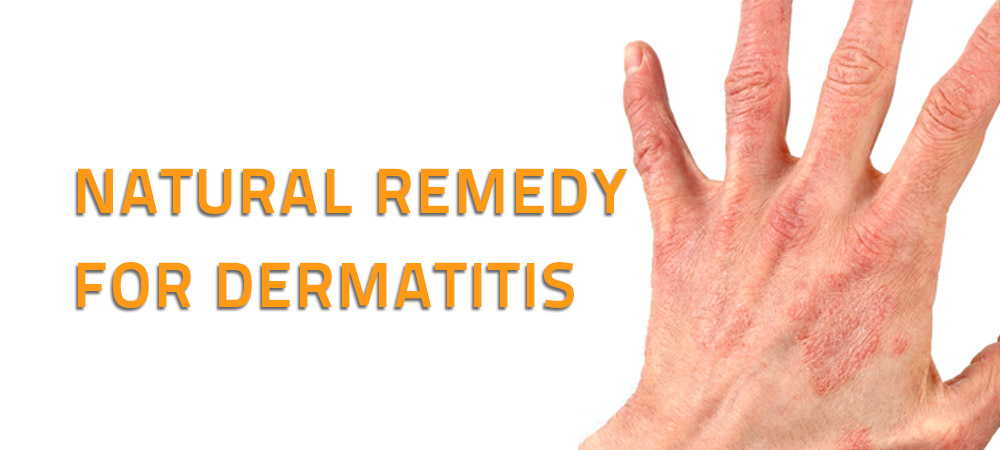
Dermatitis refers to an inflammation of the skin, both external and internal. It is characterised by redness, swelling, heat and pain or itching. Any part of the body may be affected by this disease. The genital areas and the exposed areas such as the eyelids, forearms, face and neck are more prone to it.
As dermatitis may appear due to varied causes, treatment also varies accordingly. If, however, the trouble is constitutional arising from internal causes, the patient should commence the treatment by adopting an all-fruit diet for at least a week. In this regimen, he should take three meals a day of juicy fruits such as orange, grapes, apple, pineapple and papaya at five hourly intervals.
After an exclusive fruit diet, patient may adopt a restricted diet for ten days. In this regimen, breakfast may consist of orange juice or grapefruit. Raw salad, consisting of vegetables available in season, with raisins, figs or dates may be taken for lunch and dinner may consist of steamed vegetables such as spinach, cabbage, carrots, turnips, cauliflower, along with a few nuts or fresh fruit. Mild puddings and desserts such as jellies, jams and pastries, all condiments, spices, white sugar, and white flour and products made from them, tea, coffee and other stimulating drinks should all be avoided.
After the restricted diet, the patient should gradually embark upon a well-balanced diet, consisting of seeds, nuts and grains, vegetables and fruits. The emphasis should be on fresh fruits and raw vegetables. IN case of a severe condition, the patient should undertake a fast on fruit or vegetable juices for three to five days. This may be followed by a restricted diet for ten to fifteen days. Further fasts and a period on restricted diet at intervals may be adopted after the resumption of a normal diet.
The warm water enema should be used daily to cleanse the bowels during the first week of treatment and thereafter as necessary. Epsom-salts baths may be taken two or three times a week. The affected areas may also be bathed twice daily in hot water with Epsom salts. About 100 grams of Epsom salts should be added to a bowlful of hot water for this purpose. A little olive oil should be applied after Epsom-salt bathing.
The patient should avoid white sugar, refined carbohydrates, tea, coffee, and other denatured foods. He should make liberal use of fruits and vegetable juices. The combined juice from apple, carrot and celery is especially beneficial in the treatment of dermatitis. About 175 ml. each of these juices should be mixed to prepare 525 ml. of combined juice.
No medicines of any kind should be used. In case of trouble due to external causes, the most effective treatment consists of applying a mixture of baking soda (bicarbonate of soda ) and olive oil. The alkaline sodium neutralises the poisonous acids formed in the sores and oil keeps the flesh in a softened condition.
The patient should undertake moderate physical exercise, preferably simple yoga asanas after the fast is completed and the start of the restricted diet. Exercise is one of the most valuable means for purifying the blood and for preventing toxaemia. The patient should also have adequate physical and mental rest and fresh air. He should avoid exposure to cold, and adopt regular hours of eating sleeping.


